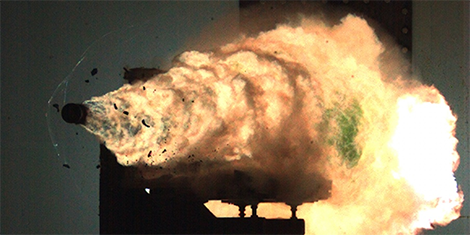
Mediation Perspectives is a periodic blog entry that’s provided by the CSS’ Mediation Support Team and occasional guest authors. Each entry is designed to highlight the utility of mediation approaches in dealing with violent political conflicts. To keep up to date with the Mediation Support Team, you can sign up to their newsletter here.
The Women, Peace and Security (WPS) agenda has shown mixed results. While it is possible to report that some small gains in the number of women mediators in high-level positions are on their way, we are still at the beginning of a long journey. The growth of women mediators’ networks can be seen in this context. While these networks do seem to help professionalize women mediators and create linkages, they also face challenges. For example, these include issues related to the selection of mediators and the sustainability and linkages between networks. This blog explores the reasons for the growth of women mediators’ networks, and attempts a tentative analysis of where we stand in order to provide ideas for future efforts.




